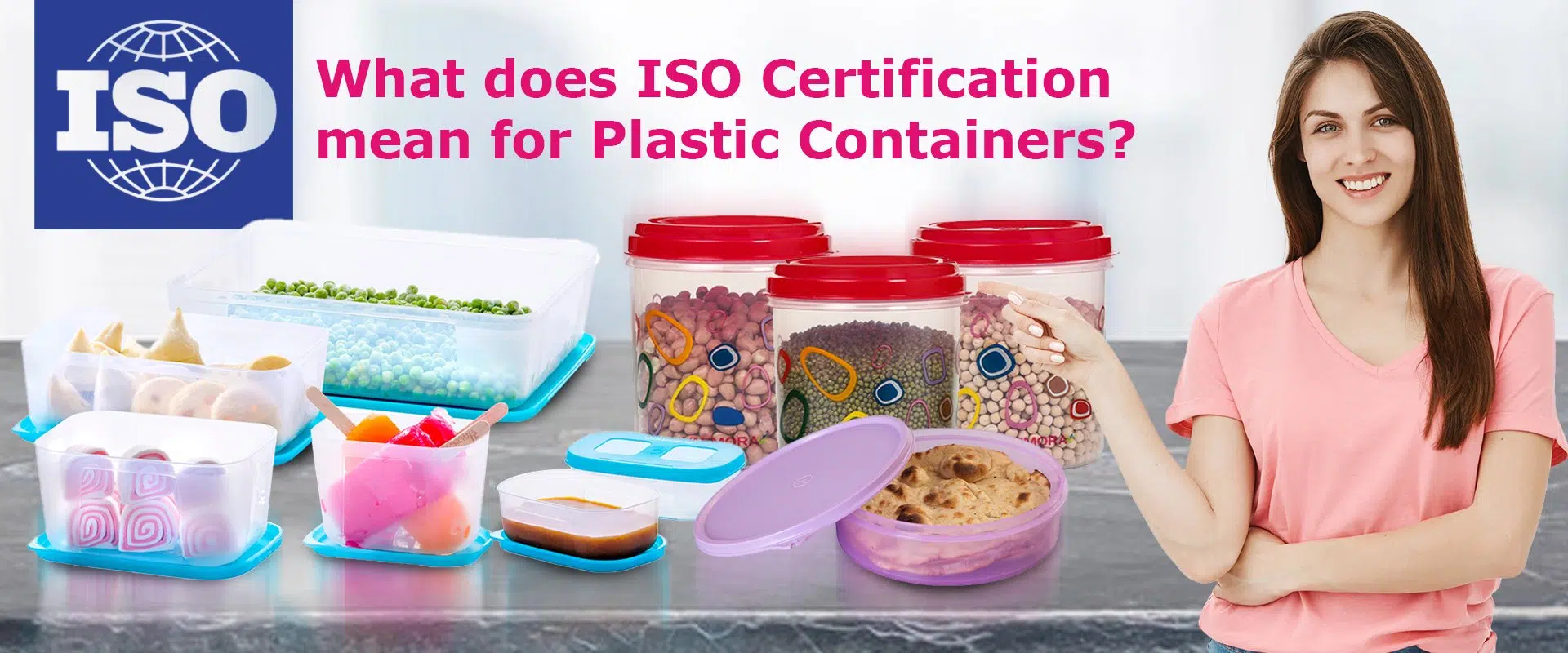When it comes to the manufacturing of plastic goods, quality assurance for manufacturing companies is important to ensure the products deliver what they are being sold for without any detrimental side effects. Thus, adhering to stringent standards to ensure product success and the safety of consumers is a non-negotiable factor.
One such standard for plastic efficiency and safety is the ISO certification. This is because the ISO provides requirements and guidelines for different aspects of plastic manufacturing business operations and ensures the efficiency, quality, and safety of plastic goods.
Thus, in this blog, we shall explain the significance of the ISO certification for plastic containers, and discuss its benefits and any existing implications across plastic production and customer satisfaction.
What is the ISO Certification?
ISO stands for International Organization for Standardization and serves as a global benchmark for quality management. It comprises a series of standards that are designed to ensure products and services meet regulatory requirements and consistently meet customer expectations.
Thus, for manufacturers of plastic containers, obtaining an ISO certification is crucial as it signifies a commitment to producing plastic containers of the highest quality, complying with relevant regulations, and adhering to best practices.
ISO Certification Signifies Adherence to Global Quality Standards
Also, one of the most common ISO certifications for plastic products is the ISO 9001, which regulates the quality of plastic products manufactured.
Some of the aspects of an ISO certification for plastic products are mentioned below.
1. Assurance of Material Quality
One of the primary concerns with plastic containers is the integrity of the materials used in their construction. ISO certification means rigorous testing and inspection procedures to verify the quality and composition of raw materials.
ISO Certification Verifies Plastic Container Quality, Ensuring Safety and Trust for Consumers
This ensures that the containers are free from contaminants, possess the necessary strength and resilience, and are suitable for their intended purpose. With ISO-certified manufacturing processes, consumers can trust that the plastic containers they purchase adhere to strict quality standards.
2. Consistency in Manufacturing Processes
Consistency is key to delivering products that meet or exceed customer expectations. ISO certification requires manufacturers to establish and maintain standardized processes for every stage of production, from material sourcing to final inspection.
Final Thoughts
The way tiffin boxes evolved in India shows how adaptive our society can be, even when times change. Starting from simple beginnings to now having all kinds of new ideas, the journey of the tiffin box shows how we mix old methods and practices with new ideas.
So, let’s remember that tiffin boxes are not just for carrying food, they’re also a part of our culture that we should treasure for years to come.
Its 2024, and tiffin boxes have come a long way, especially with Varmora’s range of airtight, microwave-safe and spill-proof tiffin boxes that are perfect for modern families and working professionals. Check them out here!

